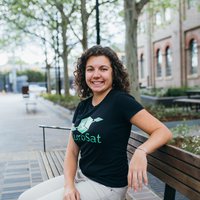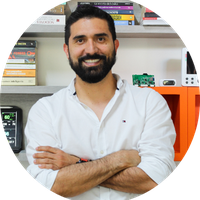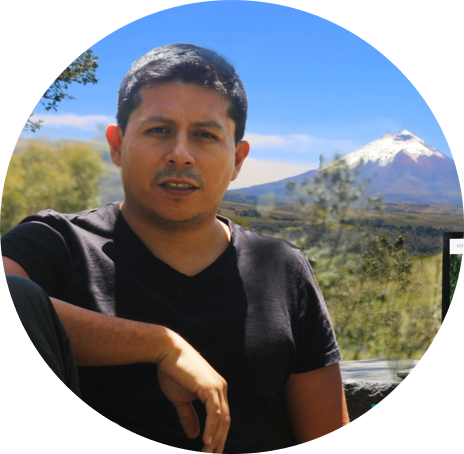The planet lost about 35% of its wetlands between 1970 and 2015, with annual rates of loss accelerating since 2000. In addition to being one of the most efficient carbon sinks, the loss of this type of ecosystem reduces available water resources and poses a strong threat to diversity, which in turn amplifies the climate crisis.
Faced with this environmental drama, young Ecuadorian Esteban Valencia decided to use his engineering skills to protect these valuable environments. Through digital mapping, image processing and drones, Valencia has created the HUMEGIS platform, capable of monitoring wetlands remotely. Thanks to this initiative to protect the planet with technology, the young man has become one of MIT Technology Review in Spanish's Innovators under 35 Latin America 2020.
Wetlands "are like sponges and if you run out of them in the Andean páramo, you run out of water in the cities," explains the engineer. And he points to the case of the city of Quito, Ecuador, which gets its water exclusively from this type of ecosystem. The first step he took to conserve the water source of the Ecuadorian capital was to exchange the information available among researchers, communities and NGOs in order to know its status. The result is now called HUMEGIS.
This project uses artificial intelligence algorithms to process and categorize the state of wetlands. The source of information with which HUMEGIS works are publicly available aerial photographs that report on the state of health of this water resource. In addition, Valencia himself adds to this database with his own images taken with drones.
By processing and evaluating these images with mathematical models, Valencia has built a geoportal where any visitor can see the state of the wetlands of the Andes. This democratization and interconnection of scientific information allows researchers, citizens, managers and organizations to be aware of the health of ecosystems and act accordingly.
The innovator wants to expand his methodology to learn about and monitor the state of other wetlands around the world. Finding out how these drinking water sponges are doing can help conserve them to maintain their biodiversity and allow them to remain one of the main sources of human water. Given the seriousness and urgency of the climate emergency, HUMEGIS could play a key role in preventing their progressive disappearance.
Fernando Meneses-Carlos, CEO of nodolab and member of the Innovators under 35 Latin America 2020 jury, thinks the impact of HUMEGIS is "very positive and direct as it protects natural resources such as water." According to the expert, Valencia's innovation "lies in applying known technologies in complicated contexts and for the protection of natural resources."




